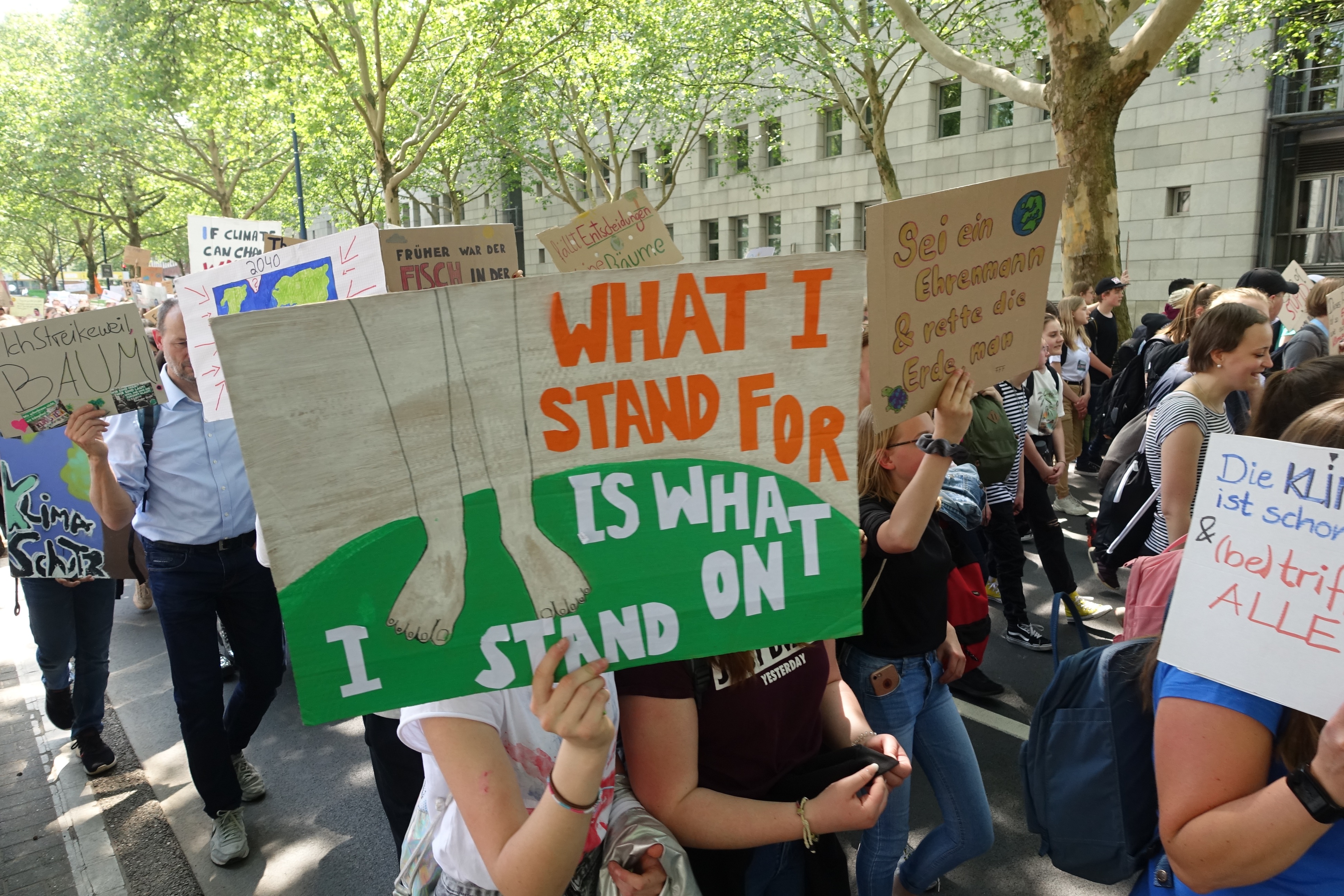Climate change: Are we doing enough?
For decades, people have talked about climate change, but are our voices being heard?
The National Geographic Magazine defines climate change as “rising average temperatures but also extreme weather events, shifting wildlife populations and habitats, rising sea, and a range of other impacts.” Since 1906, our world has seen a close to one-degree Celsius increase in global temperatures, which has drastically changed our world’s weather patterns, animal behavior, and much more. Climate change has been a very serious problem since the 1980’s, when American scientists from NASA showed chilling reports of how our planet is heating at an alarming rate. Since then, humanity has seen many international protests demanding governments to take action and prevent our world from witnessing mass extinction.
Sara Tee (9C) mentioned that “…on social media, you can see ice caps melting, forests being burnt down, and [animals losing their homes and livelihood].” In a recent poll conducted by Shark Scholar, 96% of our student body believes that climate change is a serious threat to our generation. It seems that younger demographics are becoming increasingly aware of this– in September of 2019, our world saw the largest international youth-led protest for climate action.
So what can we do as a school to take part in this movement? SMIC-I has taken part in combatting climate change largely with the implementation of trash sorting, but are we doing enough? A survey done by Shark Scholar shows that 8 out of 10 students believe our school isn’t taking enough action to combat climate change. Many students, like Sally Park (9C), expressed that “instead of printing out [assignments, they can be distributed] digitally.” This could solve a huge trash problem our school has: students throw piles of papers away to free up space for more papers in their bags, folders, and lockers. With assignments digitalized, we could cut our paper waste to a minimum.
Sally also talked about how our cafeteria workers “… give[s] [more than enough] food on one plate…which in many cases get thrown away.” With food waste being one of the biggest problems contributing to climate change, it is also one of the easiest to combat. Our cafeteria could work on portion serving the lunches to minimize food waste, and focus on serving students a nutritional meal. Even with 80% of the student body believing that our school can do more, there are some who think otherwise. Jun Fu (11C) argued that “we always [limit our electricity use to help] the environment.” Junzhe Koh (9B) also claimed that “…the [less frequent] use of paper…certainly helped in one way or [another].” With opposing views on whether or not our school is combatting climate change, it is evident that our school has at least made improvements.
This past summer, Shanghai underwent a major trash sorting bill. A poll conducted by Shark Scholar revealed that 8 out of 10 students believe that the new sorting laws have had positive(contributions to the environment. Recycling bins, food bins and residual waste bins located around the school help keep students cautious about what they throw away and where. The only downside to this is that many students have complaints of how the bins are distributed around the school. Many have observed that the recycling and food waste bins are only located in the first-floor locker area and bathrooms respectively, while the residual bins are located almost everywhere. Sally talked about how “[difficult it is to know] where exactly the different [trash cans] are located around school.”
Even though this trash sorting system has been implemented at SMIC-I, it is hard to say how it will ultimately benefit the environment. The only certainty is that these bins are a step towards SMIC-I’s role in combatting climate change.
Featured Image — Climate protesters take the streets on September 20th with funny but meaningful signs Courtesy of Andrea “PlanetMallika”
By Samuela Ma’u

